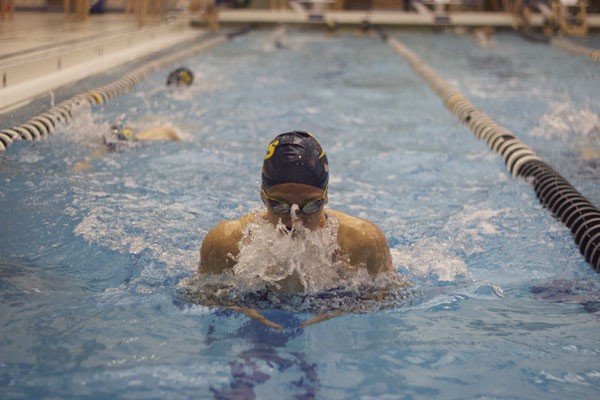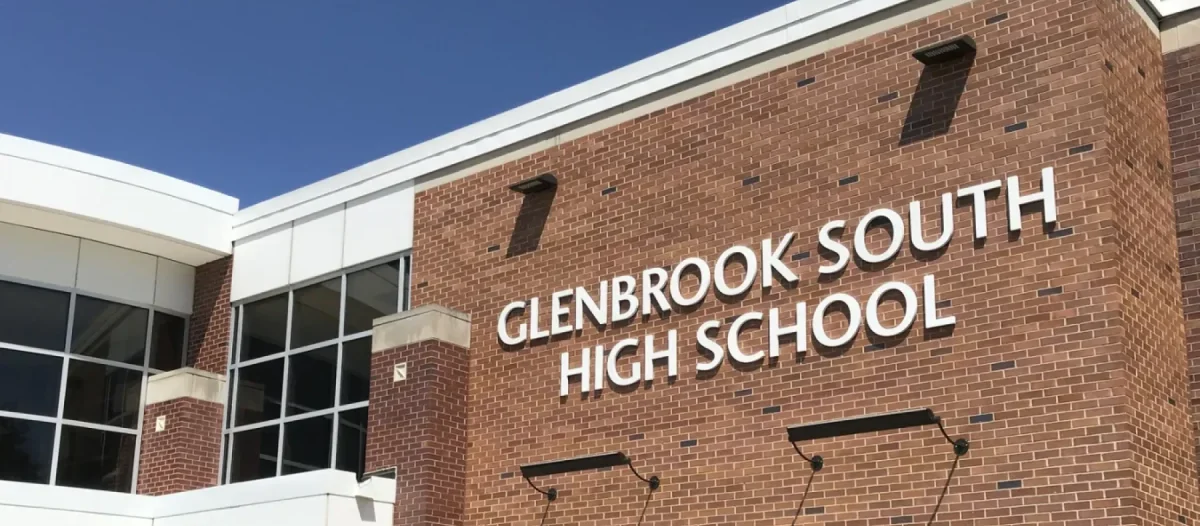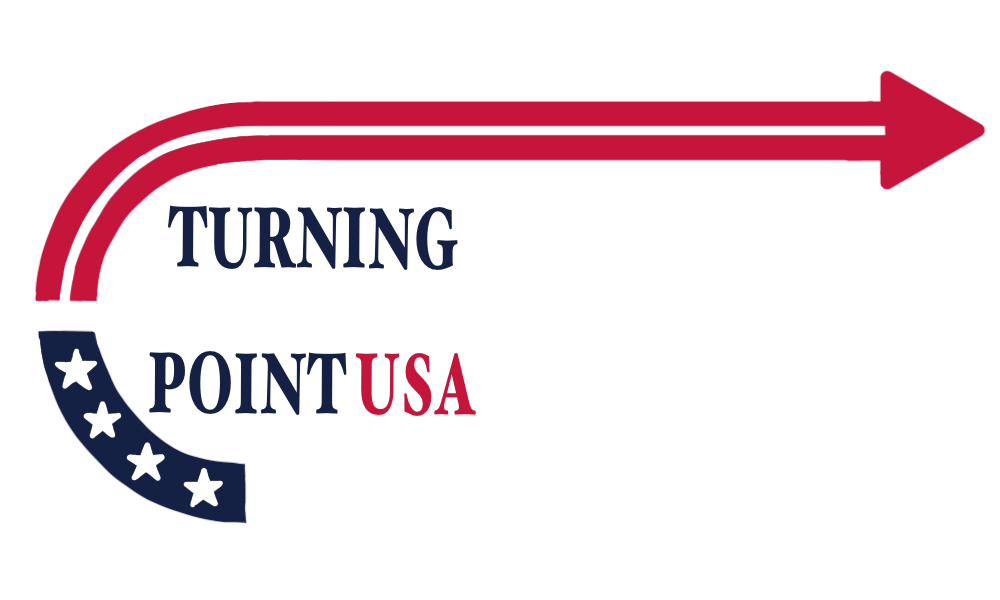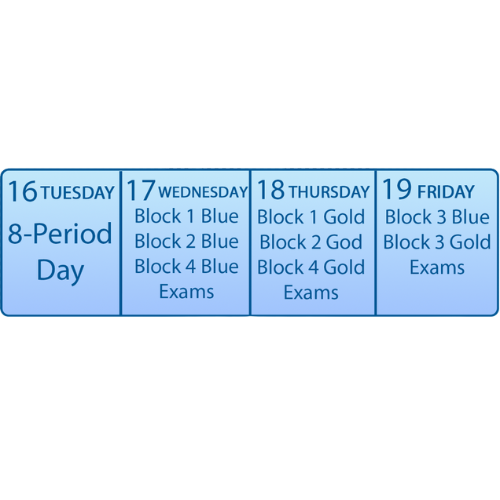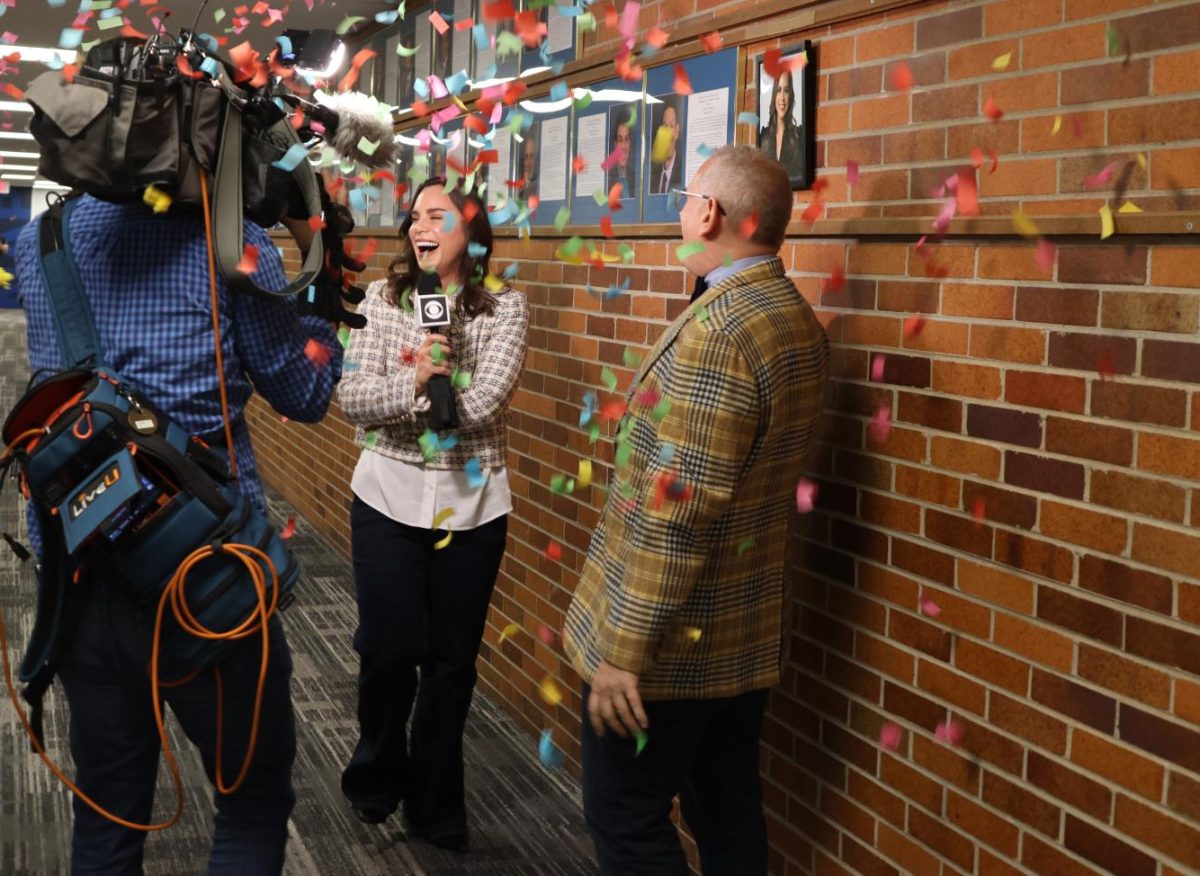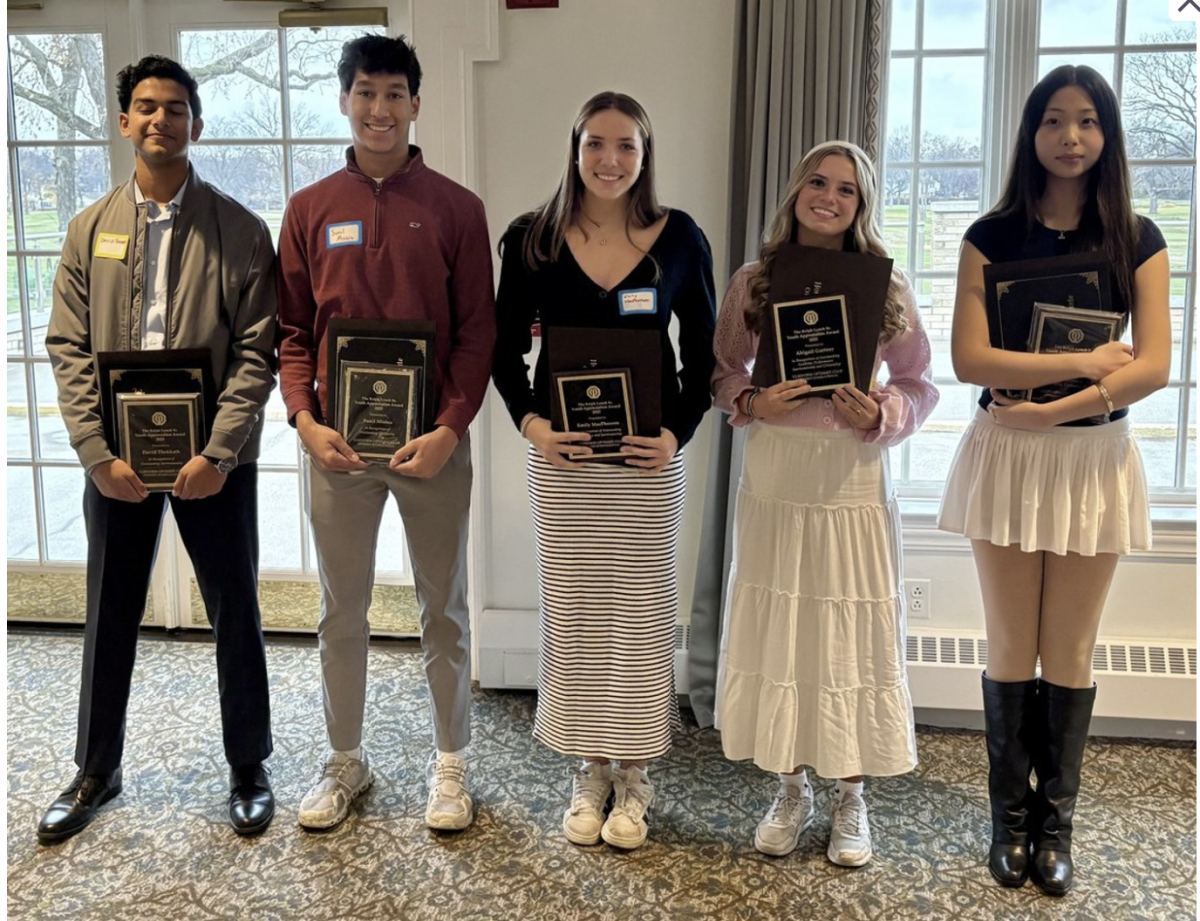More than 80 GBS athletes participated in a day-long workshop known as the Central Suburban League Leadership Conference on Oct. 31, according to Athletic Director Kay Sopocy.
Central Suburban League (CSL) is a group of 12 athletic departments from schools in the northern suburbs, Sopocy said. The conference, an annual event, is a mixture of formal lectures, small group discussions, and various leadership-building activities.
“The purpose is to bring together athletes from every sport and every school in the CSL and talk about issues in the schools with athletics, being a student athlete and the things that happen as a leader [which student athletes] have to work through,” Sopocy said.
According to Kevin Benson, a senior varsity swimmer who attended the conference as a sophomore, one of the most critical themes of the conference overall is the importance placed on the fact that a good team player, a true athlete, requires skills beyond athletic ability.
“I think it’s important that people recognize that as leaders in sports, those responsibilities aren’t just [to play well],” Benson said. “You have to unite your team. You have to be vocal, you have to communicate with people, connect with people and ultimately serve as a benefit to [your] team.”
Every year coaches are asked to select two sophomores from every team, who they believe would most benefit from and appreciate the opportunity offered them by attending the conference, Sopocy said. The reasoning behind picking solely sophomores from GBS, and not other classmen, is that sophomores will have more time to make use of their newfound knowledge and leadership skills on their school teams than juniors or seniors would if sent to participate.
According to Benson, sending sophomores instead of freshmen allows coaches more time to get to know and evaluate the players. The coaches can be sure that those they send will get the most out of the experience. Junior Katie Wells attended the conference her sophomore year and said that she had a positive experience.
“Being in a group with kids from schools that you didn’t know, just getting used to being around people you don’t know and leading them in activities [. . .] was interesting, and it helped you realize that you are a leader [even if you didn’t initially] think you were,” Wells said.
Benson, like Wells, found the conference to be fun and informative. However, while he admitted there are benefits to all the different forms of learning at the conference, he said he enjoyed the breakout groups the most. These were points in the conference where the students would leave the main lecture hall and break up into smaller groups guided by a student leader.
“I think the smaller environment where you [learn how to] connect with people from other sports and other schools [carries] over better to your team where you’re going to be talking to a group of people and interacting with them as opposed to sitting in a lecture hall,” Benson said. “It’s a more proactive method of learning about [leadership] which I think is more valuable, plus you get to meet some fairly cool people which is nice.”
According to Benson, one of the most touched on themes throughout the conference was the traits of a leader. Good team leaders must be respectful to all team members, kind, yet assertive enough to be able to state their opinions when necessary. However, these criteria do not mean that more introverted students cannot be leaders, Benson said.


